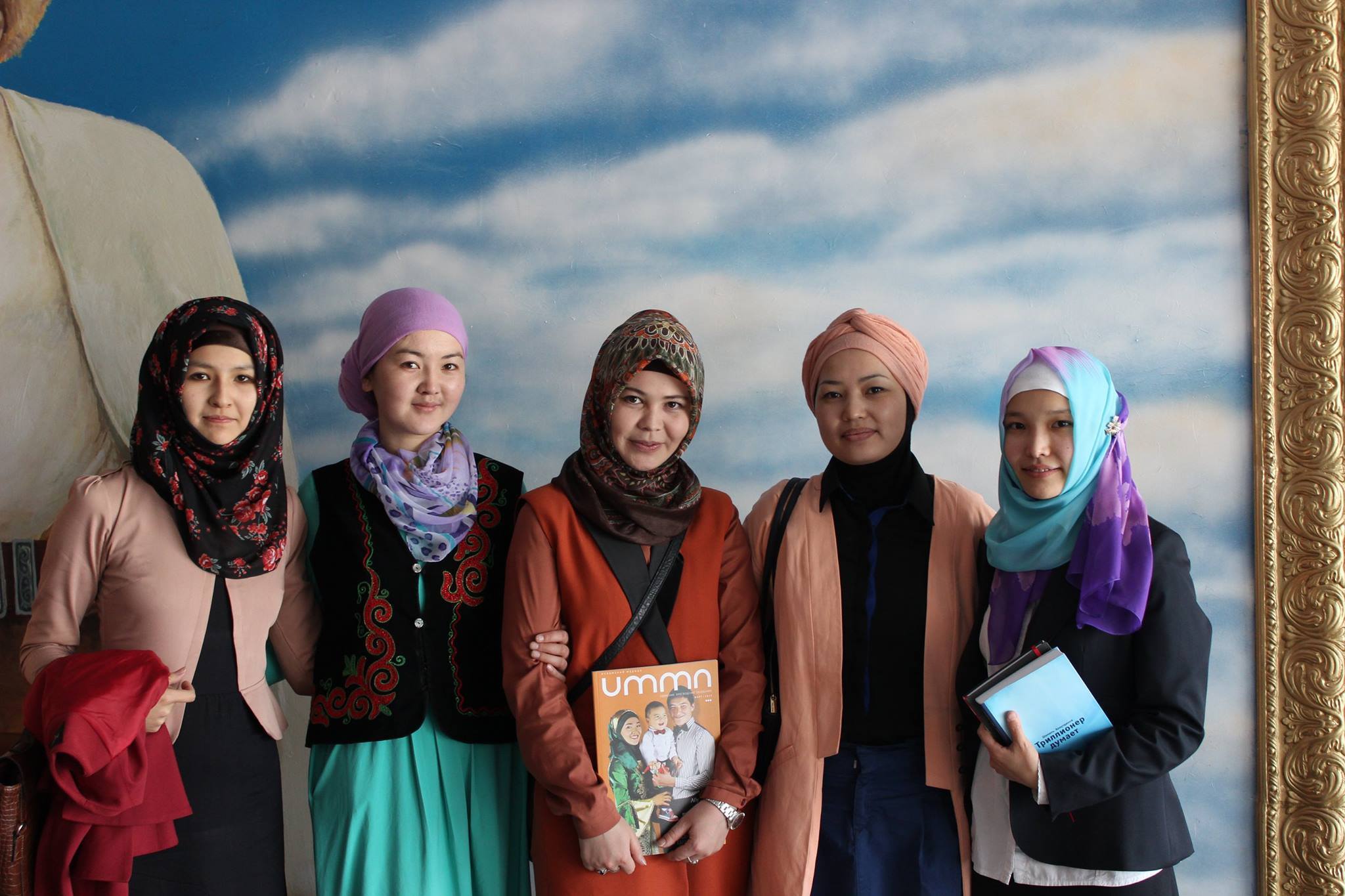
The Significance of Muslim Culture in Community: A Comprehensive Report
- Introduction:
Muslim culture encompasses a rich tapestry of traditions, customs, and values that have evolved over centuries across diverse regions and civilizations. In this report, we explore the significance of Muslim culture in community life, highlighting its historical roots, diversity, key elements, contributions to global civilization, impact on community cohesion, and the challenges and opportunities it presents.
- Historical Context of Muslim Culture:
Muslim culture has its roots in the teachings of Islam, which emerged in the Arabian Peninsula in the 7th century CE. The spread of Islam brought about a flourishing of cultural exchange and innovation, blending elements of Arab, Persian, Turkish, and other indigenous cultures.
- Diversity Within Muslim Communities:
Muslims represent a diverse array of ethnicities, languages, and cultural traditions, reflecting the global reach of Islam. From Indonesia to Nigeria, from Turkey to Pakistan, Muslim communities exhibit unique customs, rituals, and modes of expression that contribute to the vibrant mosaic of human civilization.
- Key Elements of Muslim Culture:
– Religion and Spirituality: Islam is not merely a set of beliefs and practices but a way of life that governs all aspects of daily existence, from prayer and fasting to ethics and morality.
– Family and Community: Family bonds are central to Muslim culture, with strong emphasis placed on respect for parents, care for the elderly, and solidarity within the extended family network.
– Hospitality and Generosity: Hospitality (known as ‘Sadaqah’) is a cherished value in Muslim culture, with hosts going to great lengths to welcome guests and provide for their needs.
– Art, Architecture, and Calligraphy: Islamic art and architecture are renowned for their intricate geometric patterns, arabesques, and calligraphic scripts, reflecting a deep reverence for beauty and symmetry.
– Cuisine and Food Culture: Muslim cuisine varies widely across different regions, blending local ingredients and flavors with Islamic dietary laws (Halal) to create a diverse array of culinary delights.
– Dress and Modesty: Modesty in dress (known as ‘Hijab’) is an integral part of Muslim culture, with both men and women adhering to principles of modesty and decency in their attire.
- Contributions to Global Civilization:
Muslim culture has made significant contributions to global civilization in fields such as science, medicine, philosophy, literature, and the arts. From the preservation and translation of ancient Greek texts to the development of algebra and the establishment of vibrant cultural centers in Baghdad, Cordoba, and Cairo, Muslim scholars and intellectuals have left an indelible mark on human history.
- Impact of Muslim Culture on Community Cohesion:
Muslim culture plays a crucial role in fostering community cohesion and social harmony. Through shared rituals, traditions, and values, Muslim communities forge bonds of solidarity and mutual support that transcend ethnic, linguistic, and national boundaries.
- Challenges and Opportunities:
While Muslim culture enriches community life in myriad ways, it also faces challenges in an increasingly globalized and interconnected world. Issues such as cultural assimilation, identity politics, and religious extremism pose significant challenges to the preservation and promotion of Muslim cultural heritage.
- Conclusion:
In conclusion, the significance of Muslim culture in community life cannot be overstated. From its historical roots to its diverse expressions in contemporary society, Muslim culture serves as a source of inspiration, identity, and resilience for millions of people around the world. By embracing the values of tolerance, compassion, and mutual respect embodied in Islamic teachings, Muslim communities can continue to enrich the tapestry of human civilization for generations to come.



